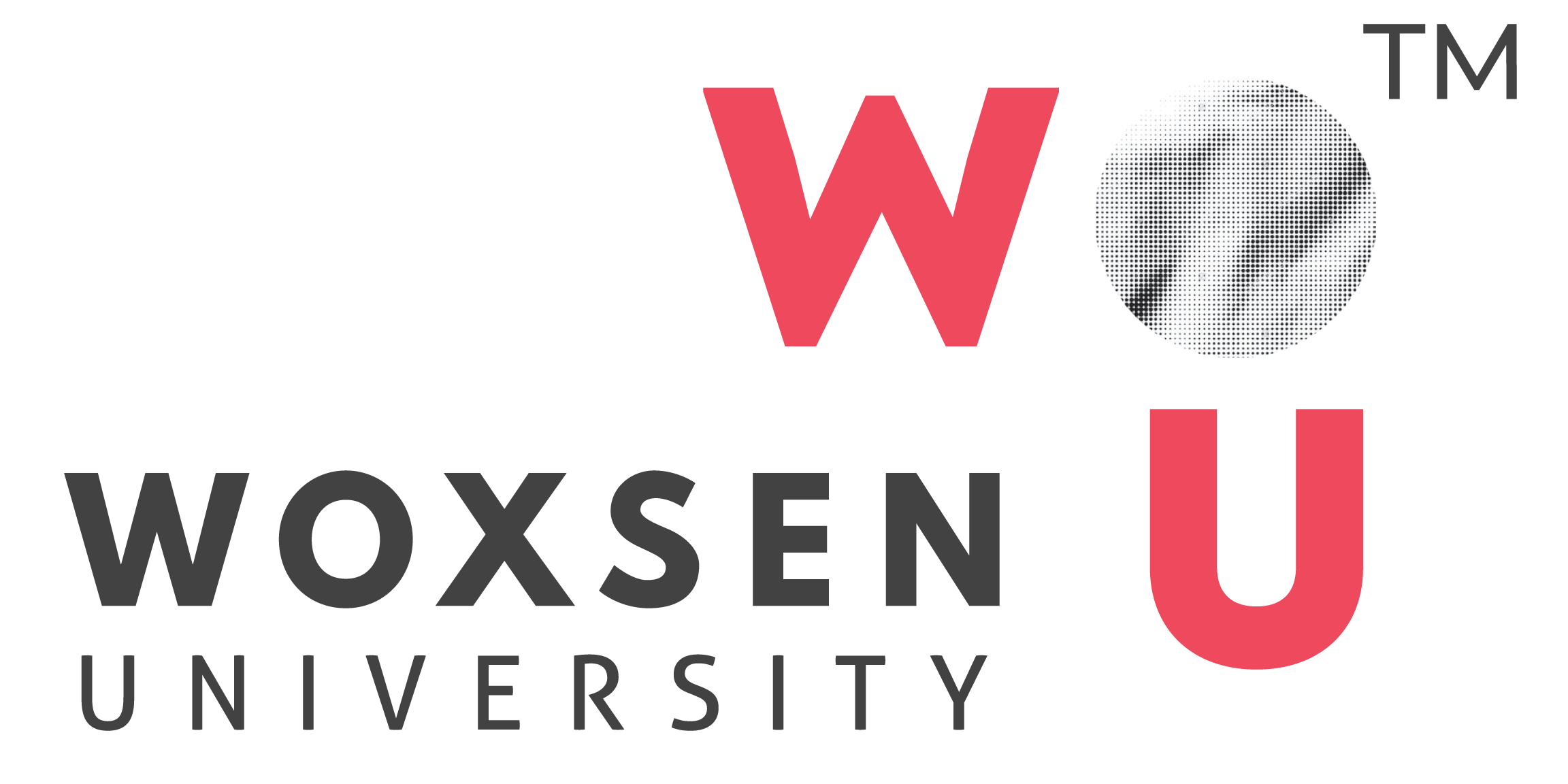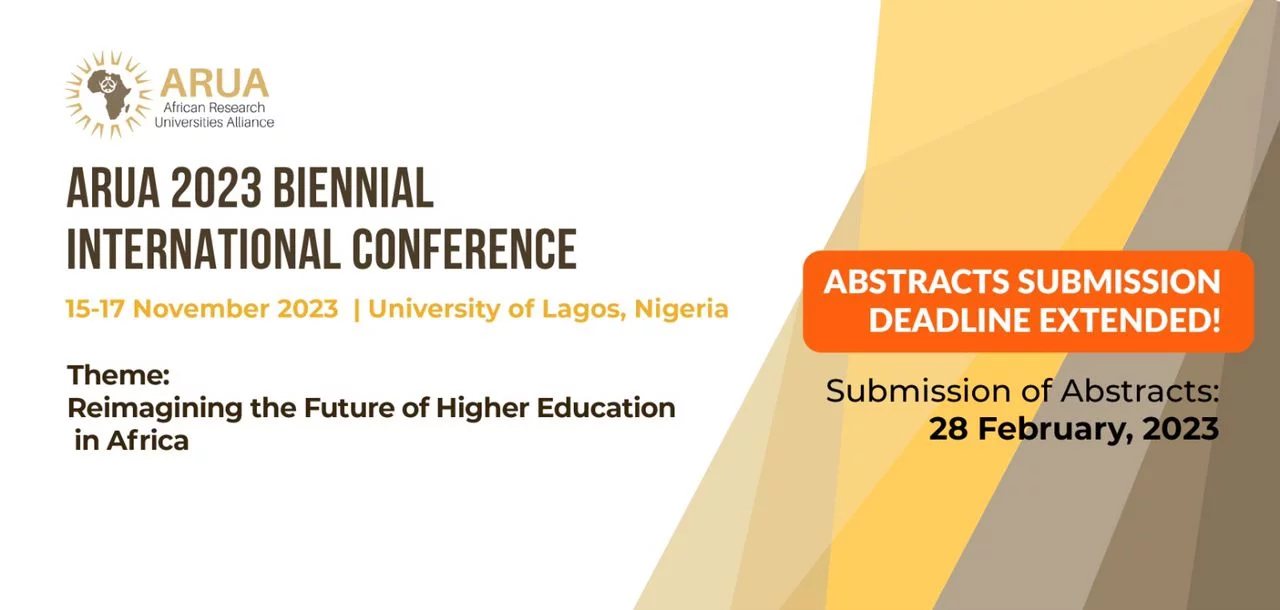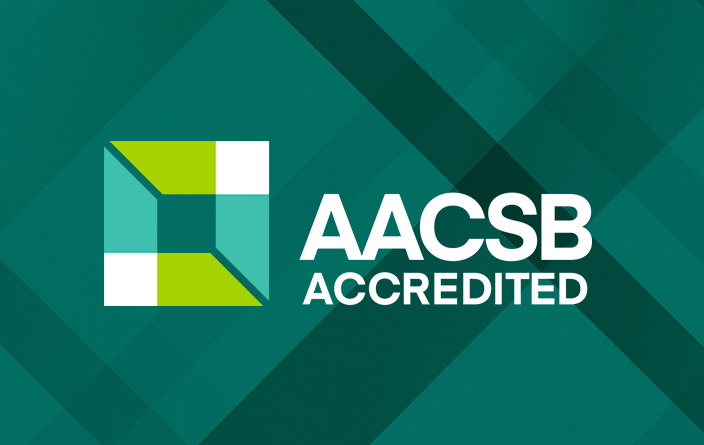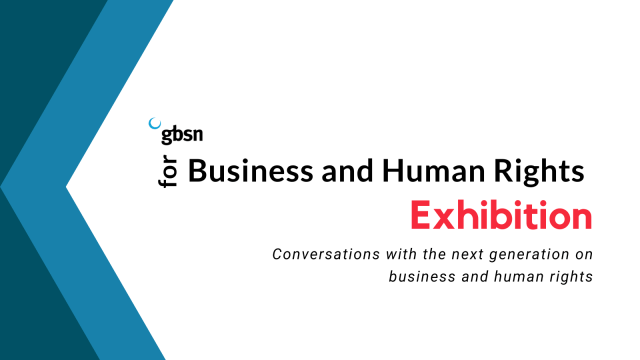ESCP Business School and the UN Environment Programme (UNEP), within the Global Opportunities for Sustainable Development Goals (GO4SDGs) Project, are honoured to invite you to the second Symposium on Teaching & Curriculum Development in Sustainability Entrepreneurship to be held in Paris on the 12th and 13th of June. At last year’s Berlin symposium over 30 people came together to share insights on how to prepare tomorrow’s business leaders to flourish in a resource-constrained world. Led by renowned keynote speakers, it included a series of workshops, presentations and stimulating discussions between those who are at the forefront of bringing sustainability entrepreneurship into the classroom.
This year’s symposium will also include academics working on sustainability entrepreneurship in science and engineering. To that end, we are pleased to announce an affiliation with the sustainable entrepreneurship education Special Interest Group of the ICA Association for European Life Science Universities.
Day 1 of the symposium will take place at the ESCP Paris campus, with day 2 at UNEP’s Paris office, situated on the UNESCO campus. Like last year’s symposium, there will be no charge for attending. All meals will be covered by the organizers, with the exception of dinner on the second night. The symposium will close with a cocktail reception that will include students, alumni and practitioners.
We can welcome a maximum of 50 people to this year’s symposium, with enrolment on a first-come basis.
In the spirit of co-creation, we would like to invite you to submit workshop, presentation, speaker and panel proposals by April 1. Topics could be related but not limited to the following themes:
• Challenge-based entrepreneurial student projects for sustainability;
• Orienting students towards sustainability venture projects that have high impact (sustainability compass); • Teaching the foundations of sustainable development to business school students;
• Career prospects for students with sustainability credentials, or the green jobs deficit the world faces; • Eco design and sustainability entrepreneurship;
• People and experiences from the world of practice, including case writing;
We look forward to a fun and stimulating two days, with many opportunities for informal discussions and exchanges of ideas during and around each intervention.
If you would like to submit a content proposal, please send it to us by April 1 at the address below. If you have any questions, or to confirm attendance (by May 1), contact Robert Sheldon at: rsheldon@escp.eu with Charlotte Hillig in copy: chillig@escp.eu.
The central promise of the 2030 Agenda for Sustainable Development is to take transformative steps to shift the world to a sustainable and resilient path.
This course explores Sustainable Lifestyles in the context of the 2030 Agenda, advancing the understanding of how lifestyle choices impact the world around us and how we can find ways for everyone to live better and lighter.
The course will explore what sustainable lifestyles are, the values and beliefs that influence our choices, and the strategies that we could apply to create positive and long-lasting change towards sustainability in our systems and our lives.
Hybrid Global Panel Symposium
June 12, 10:30-12:00
Online Learning Module: My Sustainable Living Challenge
The UN System Staff College and the UN Environment Programme are proud to present the “My Sustainable Living Challenge” – an online gamified learning platform that channels learning towards behaviour change through actionable commitments.
This edition of the Challenge is offered in English, French, Spanish and Russian.


















